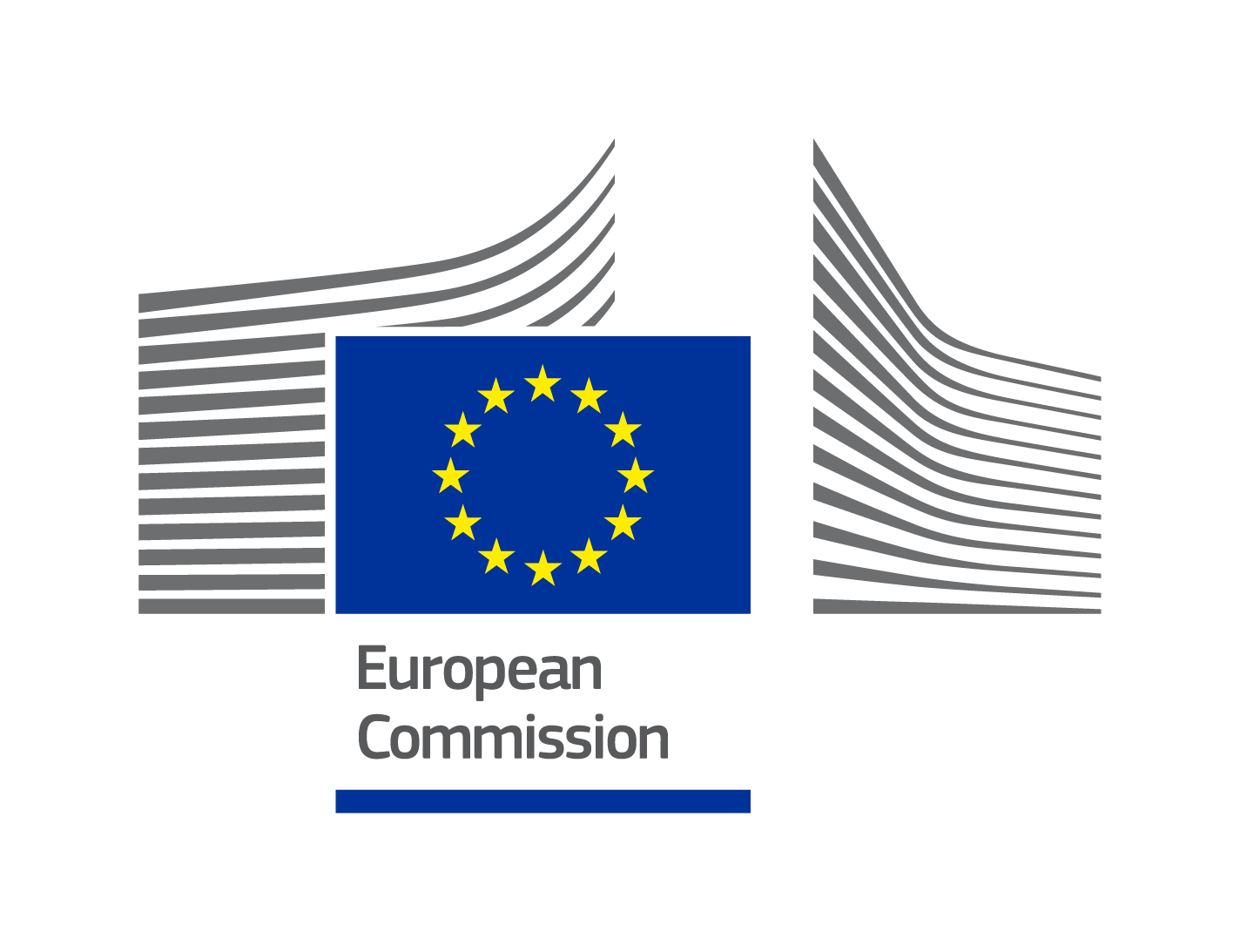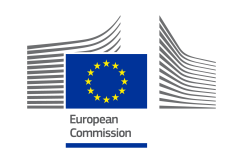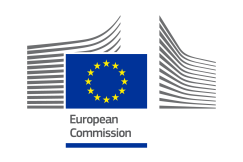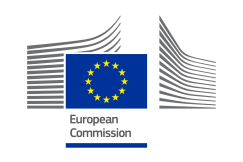Policies
01 April 2025
EU Agri-food chain Observatory
Policies
01 April 2025
1. Healthy, balanced and sustainable diets for all European consumers
2. Prevention and reduction of food loss and waste
3. A climate - neutral food chain in Europe by 2050
+4 more
Login / create an account to be able to react
-
19

The EU agri-food chain Observatory (AFCO) improves transparency in the agri-food supply chain by analysing prices, costs, and the distribution of margins and added value, all while respecting confidentiality and competition rules.
Editorial team
European Commission - DG AGRI
Topics
EU-27
EU Institutions
-
CoC aspirational objectives
-
-
1. Healthy, balanced and sustainable diets for all European consumers
-
2. Prevention and reduction of food loss and waste
-
3. A climate - neutral food chain in Europe by 2050
-
4. An optimised circular and resource-efficient food chain in Europe
-
5. Sustained, inclusive and sustainable economic growth, employment and decent work for all
-
6. Sustainable value creation in the European food supply chain through partnership
-
7. Sustainable sourcing in food supply chains
-
Share
The EU agri-food chain Observatory (AFCO) seeks to provide insights into how the agri-food supply chain functions, with a focus on improving price transparency and a better understanding of cost structures as well as how margins and added value are distributed. Its work respects confidentiality and complies with competition rules.
Announced in March 2024, AFCO is part of the EU’s efforts to strengthen farmers’ position in the food supply chain and build trust among all actors involved.
In this spirit, the AFCO’s main objectives are to:
- Exchange information and develop a shared understanding of issues affecting the food supply chain.
- Increase transparency on costs and margins within the chain.
- Provide expertise and identifying trading practices and contractual arrangements that may positively or negatively impact the chain’s functioning.
The AFCO is an informal group of experts, bringing together up to 80 members. The AFCO members represent national authorities from EU countries responsible for agriculture, fisheries, aquaculture, and the food supply chain. Members of the group also include organisations representing stakeholders from all stages of the supply chain – including farmers, input providers, the food industry, traders, transport, logistics, retailers, and consumers.
Related legislation:
Directive (EU) 2019/633 on unfair trading practices in business-to-business relationships in the agricultural and food supply chain.
Comments (0)
See also
-
5
Trade policy
- Categories
- 2. Prevention and reduction of food loss and waste 3. A climate - neutral food chain in Europe by 2050 4. An optimised circular and resource-efficient food chain in Europe +3 more
-
7
EU Social Dialogue
- Categories
- 2. Prevention and reduction of food loss and waste 3. A climate - neutral food chain in Europe by 2050 4. An optimised circular and resource-efficient food chain in Europe +3 more
-
7
Digital Decade Policy programme 2030
- Categories
- 2. Prevention and reduction of food loss and waste 3. A climate - neutral food chain in Europe by 2050 4. An optimised circular and resource-efficient food chain in Europe +3 more




